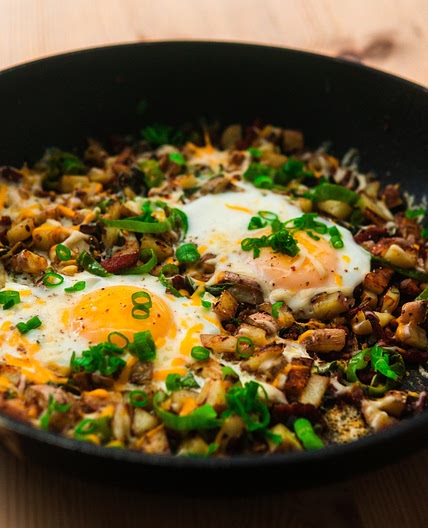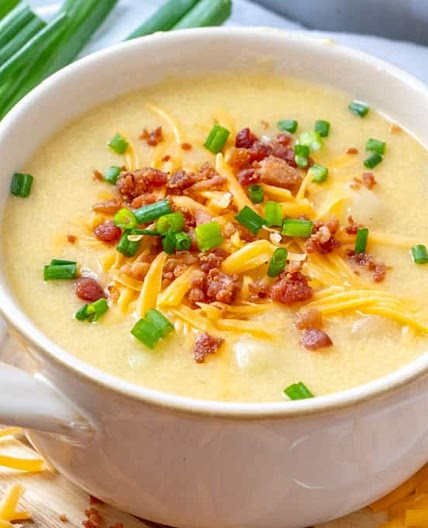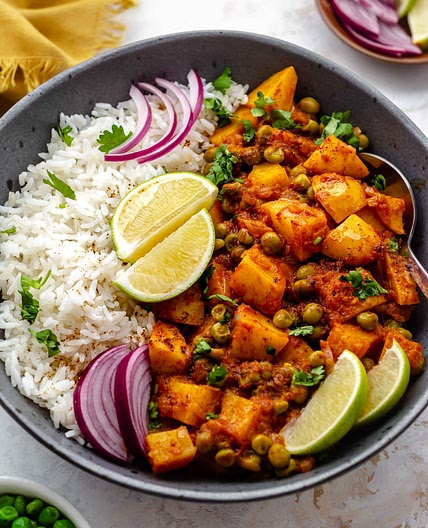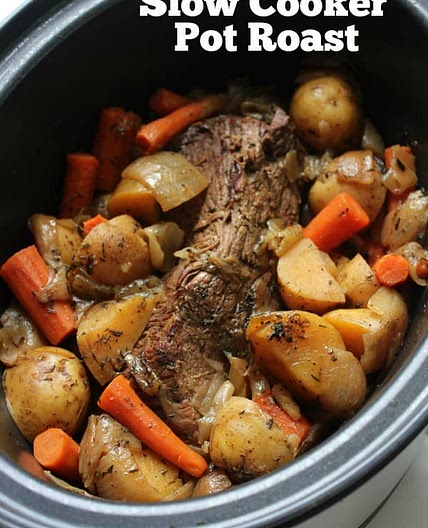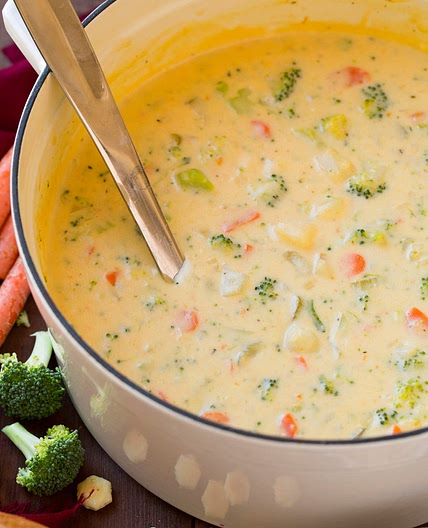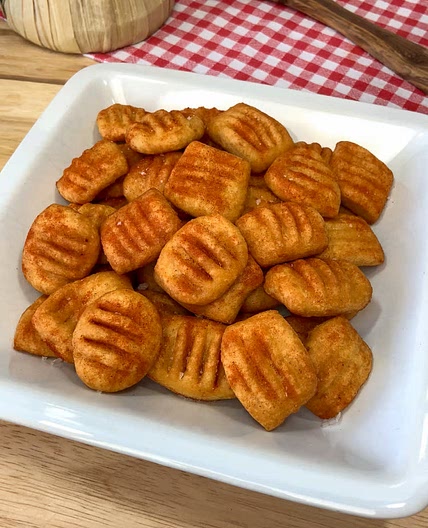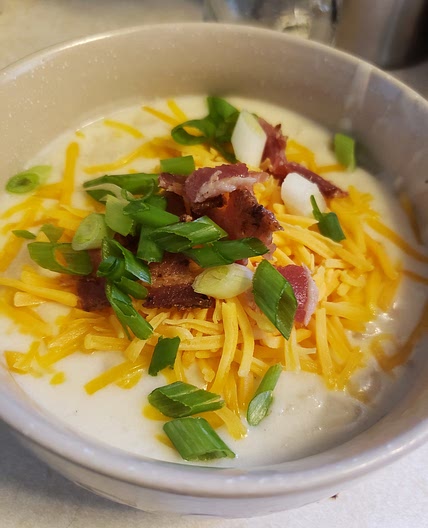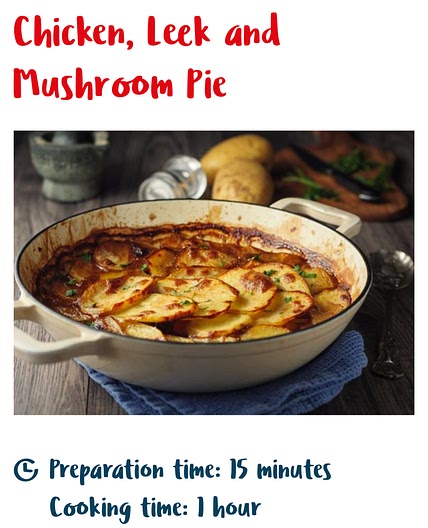Potato
 Pantry
PantryBaked, roasted, sauteed, mashed—the potato is a versatile vegetable that can be cooked up in a myriad of ways. Native to the Americas, potatoes are a root vegetable that grow naturally in the wild. However, they were first cultivated by Native Americans in southern Peru and northwestern Bolivia. Although widely used in cuisines across the globe, we often associate them with Europe. Surprisingly, it wasn’t until the 16th century that potatoes made their way to Europe by way of the Spanish. Today, the potato is the fourth largest food crop in the world behind corn, wheat, and rice. From creamy au gratin potatoes to a hearty potato soup, potatoes are a staple ingredient in the kitchen that can be transformed into some truly delicious dishes. There are over 5,000 varieties of potato but each can be categorized into one of seven main types. (1) Russet: A light to medium brown color, russets are long, oval-shaped with a floury texture and earthy flavor. Perfect for fluffy mashed potatoes or homemade fries. (2) Red: Small to medium in size with a red skin, red potatoes have a mild flavor with a subtle sweetness. Their waxy texture helps them stay firm during cooking, making them ideal for roasting, stews, soups, and potato salads. (3) White: White to tan in color, these small to medium sized potatoes have a mild flavor and slightly creamy texture. They hold their shape well when cooked and are perfect grilled, steamed, or mashed. (4) Yellow: With a golden skin and yellow flesh, these round potatoes have a smooth, buttery texture with a subtle sweetness. They are good grilled, roasted, baked, or mashed. (5) Purple: A dark purple skin and purple-pink inside, these potatoes are small to medium sized with an earthy and nutty flavor. Their texture is moist and firm, and they are great for baking, grilling, or served in salads. (6) Fingerling: These small, finger-shaped potatoes come in a variety of colors from purple to yellow to red. They are firm with a buttery, nutty, and earthy flavor and are great for roasting, pan-frying, or mixed into salads. (7) Petite: Smaller and bite-sized versions of the larger varieties, petite potatoes can be a mix of colors just like their larger counterparts. Their size gives them a more concentrated flavor and faster cook time—perfect for potato salads, roasting, or sauteing. Potatoes should be stored in a cool, dark, and dry place. Avoid high temperatures or leaving them on the countertop in direct sunlight. Potatoes should not be kept in the fridge since temperatures below 50°F can cause their starch to turn into sugar, giving them a sweet taste and discoloration.
Potato nutrition and vitamin info per 100g
| Energy | 76.95999908447266 | kcal |
| Total Fat | 0.09000000357627869 | g |
| Carbohydrate Total | 17.489999771118164 | g |
| Sugars | 0.8199999928474426 | g |
| Protein | 2.049999952316284 | g |
| Sodium | 6 | mg |
| Fiber | 2.0999999046325684 | g |
10000+ recipes to cook with Potato
Next PagePotato substitutes
- Regular substitute
Potato equivalents and varieties
Potato cooking tips
 Samsung Food
Samsung FoodStarchy potatoes have low moisture content and they are good for baked, roasted or mashed potatoes. On the other hand, waxy potatoes have high moisture level and they are good for salads and casseroles.
 Samsung Food
Samsung FoodTo tell when potatoes are done, poke one with a fork or a skewer and if it slides all the way to the center it's done.
 Samsung Food
Samsung FoodInstead of peeling them, cut potatoes around middle, just through the skin, and boil them. After they're done you should be able to easily remove the skin.
